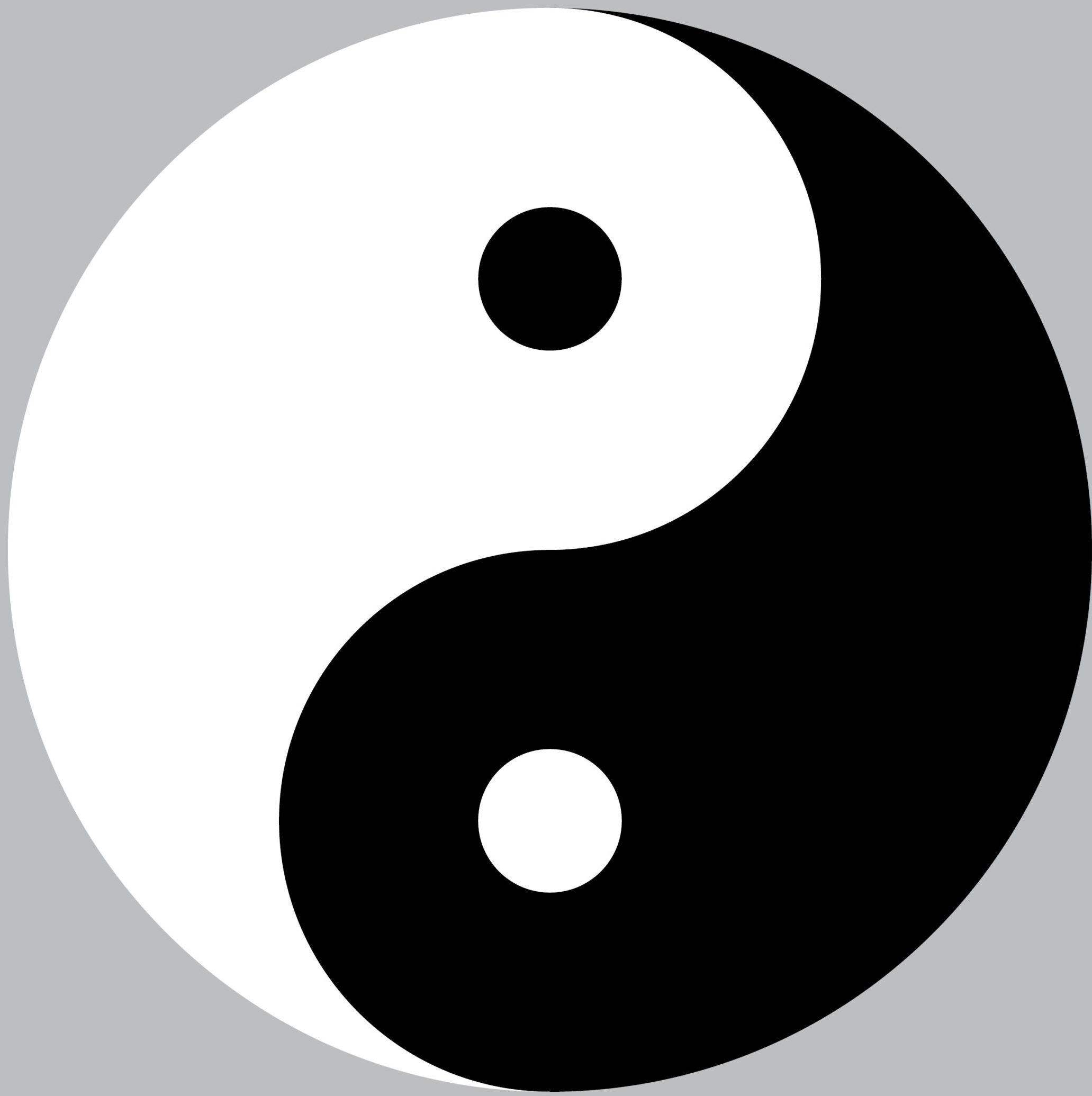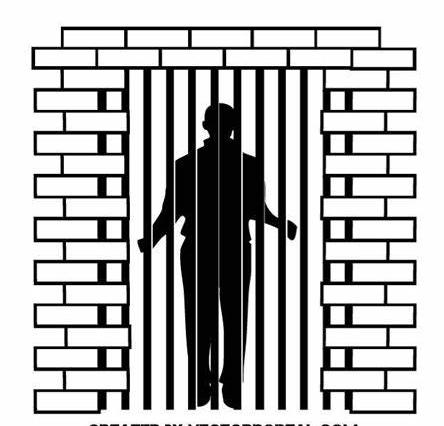
This is an eventual film review of the new Matrix film: The Matrix: Resurrections, however, a primer is needed first:
Growing up the film The Matrix (1999), by the Wachowski’s, was one of those movies I watched dozens of times. It is still one of my favourites, and I would argue one of the most influential films in the twentieth century. The Wachowski Brothers, now sisters, the creators of the Matrix, wanted to create a film the reflected a Japanese anime meets cyberpunk. The Matrix is one of those films that has transcended time and embedded itself into pop culture and even going so far as to influence my own philosophical questions and aspirations. The Matrix became a thing upon itself, something new for the people to consume.
The Matrix is the story of normal everyday man Thomas Anderson who transforms into Neo, his hacker alias. After taking the red pill it is shown to him that he is living in a computer program called The Matrix. Neo and other red-pilled computer hackers battle it out in the hyperreality of the Matrix, as well the dull, decaying and dystopic landscape of real-everyday Earth reality that their physical bodies actually inhabit; Earth of course being destroyed in a earlier war between machine and man. Ultimately the story of The Matrix is a battle between freedom and human enslavement.
Although, fictional The Matrix seemed almost as if it were real in representing our own lives and situations, as if it were modeled on our own reality. This was probably the movies authors greater vision; on top of the Matrix being set apart from the rest of films in that genre and time for its ground breaking special effects, and beautifully choreographed fight scenes in something called bullet time.
Undoubtedly, the end of the 1990’s was the time in history where computers were big, and innovation in the field was moving rapidly. The Matrix came out at a perfect time to capitalize on our societies greatest fears and illusions. It would be the first year that I would use broadband to explore a quickly expanding internet. To think that companies like Google, YouTube, and Facebook, were still in their infancy in 1999. It’s almost as if the Matrix epitomized the nineties and the transition to our contemporary zeitgeist, as if we were all not talking about the apex of the growth of digitization and computers in society. As if only a couple years later millennial innocence was tossed aside.
To think at one time the internet was still in it’s infancy, still a wild west of exploration and potential. Perhaps all the hopes and dreams of todays internet were in some way influenced by the movie the Matrix, and probably in some ways it has, but more likely nightmares.
The Matrix was not just an action film, it also had deep philosophical undertones that reflected our own yearning to be free in a world and social system that seems to constrain us and not free us, our collective chains hidden and obtuse.
A deep dive into the symbolic meanings attached to the film’s story keep showing us this parallel, that the matrix is not only a film, but also a treatise on western society. The Matrix films have left a large cultural footprint that highlights our own attachment to ‘the system’. The Matrix is a seeming archetype of the subtle dystopia of our own modern lives and enslavement to a system.
We can better understand this in the first film’s beginning whenr Neo open’s up a book entitled Simulation and Simulacra, By Jean Bauldrillard. A real book that highlights and discusses how we are living in a hyper-reality- It’s the reason I hate fake flowers so much, its just a copy, the real thing is so much better, more true, love and death can’t be quantified into a digital landscape.

The Wachowski’s have made some very interesting and thought provoking films over the last twenty years. Their films are almost omniscient in some scary regards, as if they are tapping into the collective unconscious in some way from the future so they can right good movies for the present. For example, they would follow up the Matrix series with films like V for Vendetta (2005) a story about how a totalitarian government lied about a virus to enslave a population.
Matrix Four
I was not originally excited to see a new Matrix film in the works. The last two films, The Matrix: Revolutions and Reloaded, released in (2003), were both unsatisfying and dull in comparison to the innovation of the first film and fell flat. Despite my satisfaction that the story was dead, that Neo and Trinity were dead, that the Matrix was no more, it was apparently not true.
I am skeptical of films that extend past the holy trilogy of film. Most of the time just one take on a film is necessary, and while nostalgia is nice, I lived through the Star Wars reboots and Jar Jar Binks, that was a life lesson as well. Moreover, film has not been very strong lately, most action films and reboots of old films especially.
The Matrix: Resurrections is the fourth film in the Matrix series and to be honest I was more than surprised that I was disappointed. I was expecting another lackadaisical film that rehashed old ideas, but Resurrections managed to be a fresh film. However, I think this will take time for most to realize that Resurrections is so much a new cinematic experience, but an opportunity to once again challenge the viewers perceptions.

Like some weird scene from inception we find that Neo is right where he started out before, but this time it is different, he has aged and he is now a successful video game designer of a game called The Matrix, yet he is still seeking meaning, still lost, forgetting and not fully accepting his Neo. Trinity is there to, but married and with children, unaware who she is as well. There is still love there, but hidden in their forgetfulness.
Like the original film The Matrix Resurrections came back to its symbolic roots, proving to be better than the last two films that were made. It doesn’t hide the fact that its a reboot of a old idea, in fact it exudes it, telling us all that this is exactly what we are watching. We are watching almost a remake of the first film, the plot still hasn’t really changed, but in some ways it subtly has, and in a realistic way that synthesizes all the films into a new direction, grounds us more in the reality that the original Thomas Anderson in the first film was also trying to escape.
Perhaps the Wachoski’s wanted to create a film that acted as a self-referential trip, and in that sense they offered us a gift of their symbolic intentions again. So that now inquiring minds might once again empathize with Neo, and find themselves seeking doors of new perceptions and questioning their own sanity in an insane world. I think it will take a long time for people to come to understand this film but there is something to see, and it’s good.



Leave a comment